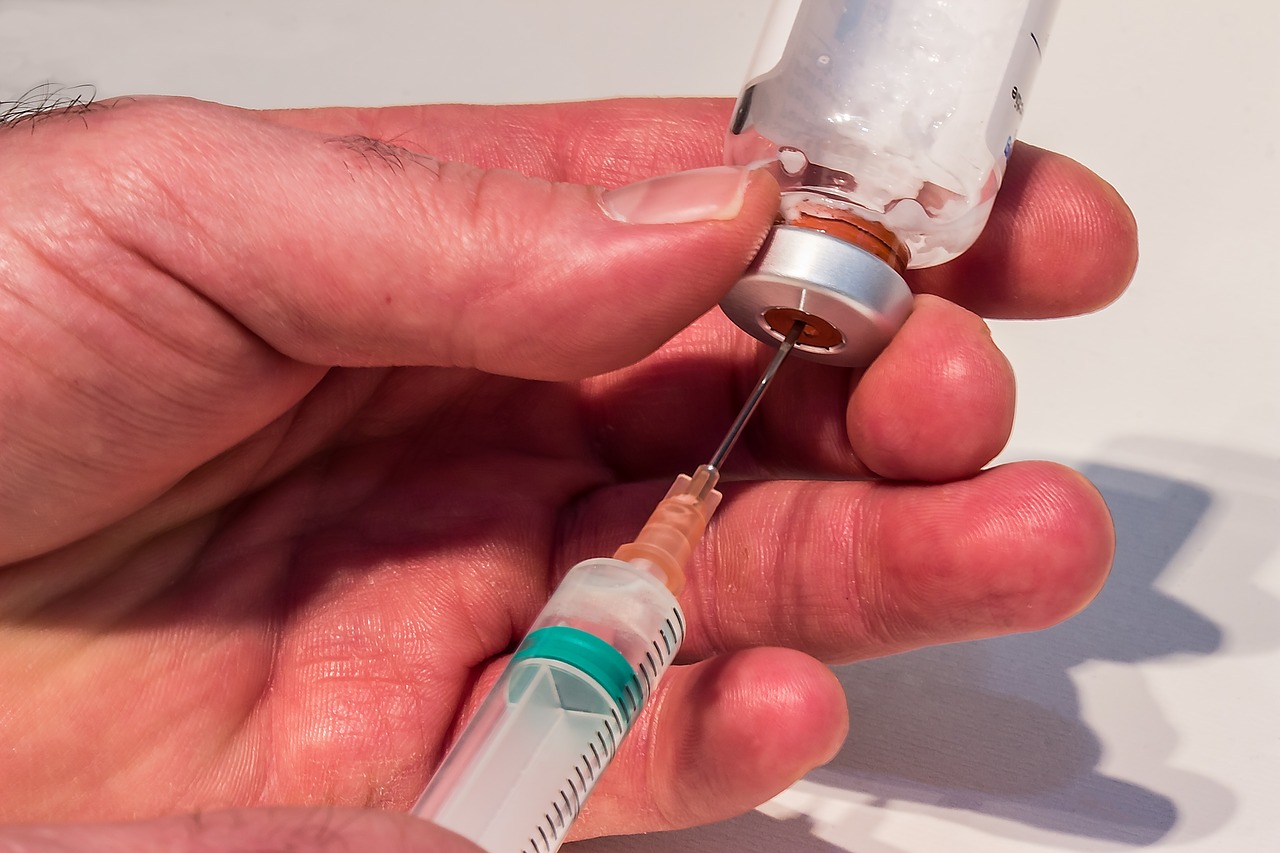According to researchers at the Centre for Addiction and Mental Health (CAMH) and the University of Pittsburgh, different changes in the same gene have been associated with major depressive disorder in men and women. The findings – published in the journal Biological Psychiatry – suggest that these opposite molecular changes may warrant the use of specific treatments for each of the sexes.
“These findings confirm the absolute necessity of doing parallel studies in men and women and of reassessing what we’ve taken for granted – depression is not just depression,” said Dr. Etienne Sibille, senior author of the study and Chair of the Campbell Family Mental Health Research Institute at CAMH.
While doctors and researchers had previously identified sex-specific differences in the way depression is presented in men and women, the current study is the first to describe genetic changes that could be responsible for these dissimilarities. Compared to men, women are more likely to be diagnosed with depression in general, and to suffer from a greater number of diverse symptoms that are often more severe in nature.
Women are also three times more likely to experience hypersomnia, a form of depression which includes changes in sleep patterns and weight gain. While men are more likely to report substance use in association with their depression, women diagnosed with major depressive disorder are also often suffering from a related anxiety disorder.
“This important paper highlights the divergent molecular mechanisms contributing to depression in men and women. It challenges the assumption that a similar diagnosis across people has the same biology,” said Dr. John Krystal, Editor of Biological Psychiatry.
According to lead author Dr. Marianne Seney, Assistant Professor of Psychiatry at the University of Pittsburgh, “While researchers have been examining the brains of depressed subjects for decades, many of these studies included only men.” In contrast, the current study involved a small, near-equal number of men and women diagnosed with depression and compared their gene expression levels in brain tissue to those collected from a non-depressed control group of patients.
After analyzing expression patterns of over 1,500 genes, the researchers identified a number of genes related to mood which were alternately upregulated in men, and downregulated in women, or vice-versa. For example, the female patients showed higher expression of genes involved in interneuron communication mediated by synapses between cells, compared to males. Men showed an increased in expression of genes involved in the immune system, compared to women.
“These results have significant implications for the development of potential novel treatments and suggest that these treatments should be developed separately for men and women,” said Seney.
In their paper, the researchers suggest that new treatments designed to suppress immune function in men, or increase its activity in women, could be a viable way to approach sex-specific treatment options for depression. However, as the study analyzed a relatively small number of post mortem brain tissue samples from 26 men and 24 women, there is no way for the researchers to directly link these genetic changes to the development of depression.
However, their findings are consistent with those from earlier studies which found that sex-specific hormones can have an affect on an individual’s susceptibility to developing depression. For example, testosterone has been found to have a neuroprotective effect against depression, providing a possible explanation as to why depression is more common in women than men.
“It’s not that women are more vulnerable to developing depression, but that men are more protected, because testosterone has an antidepressant effect,” said Sibille. “Our new findings provide a clearer picture of the full landscape of the differences in men and women with depression.”










Join or login to leave a comment
JOIN LOGIN